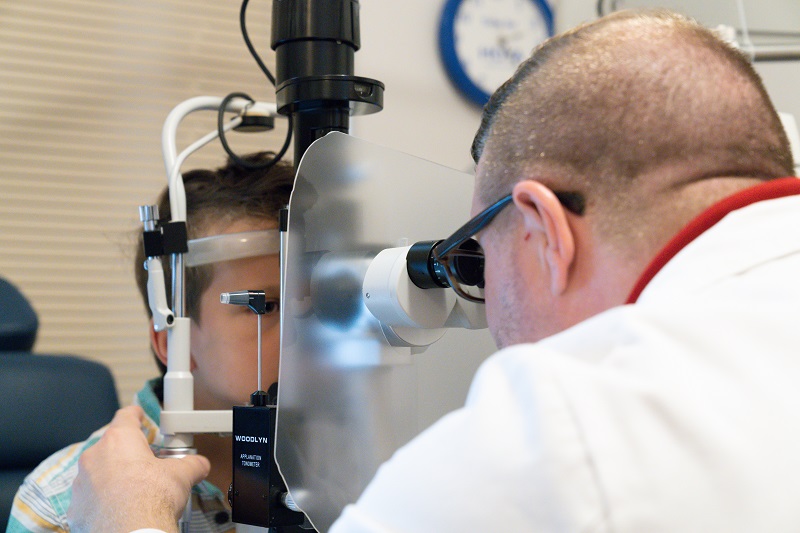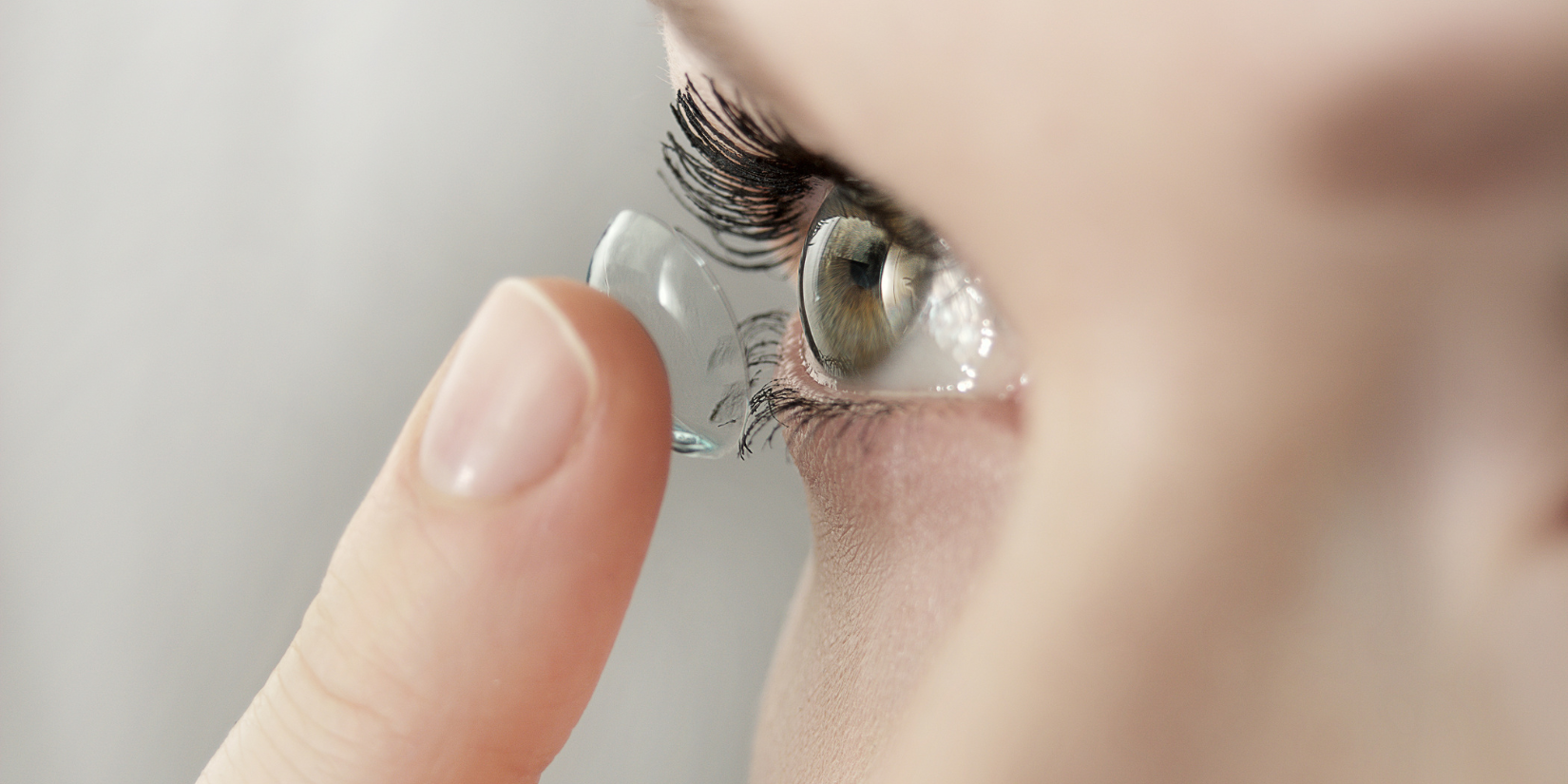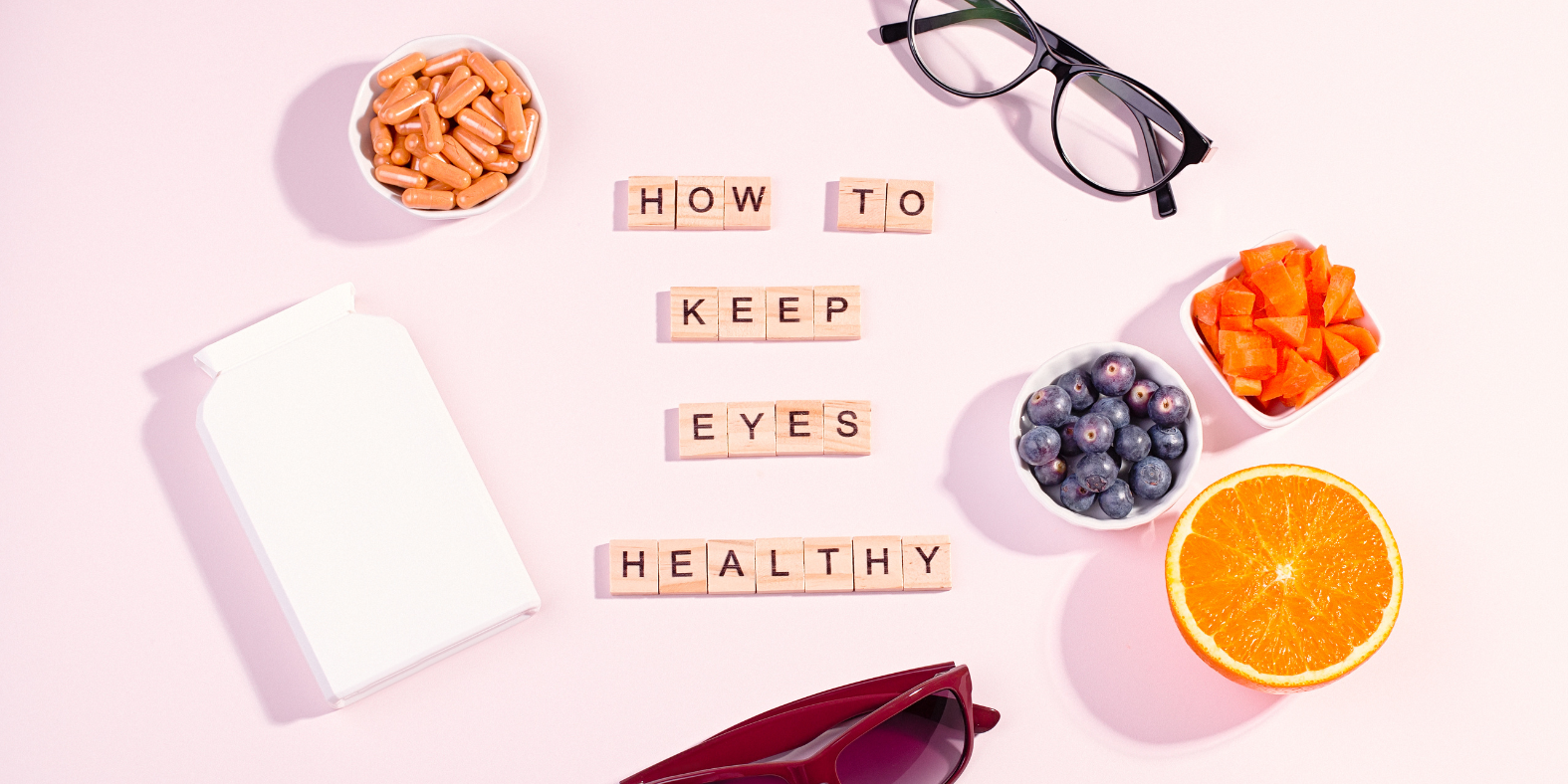Taking care of your eyes is crucial at every stage of life, and routine eye exams play a vital role in maintaining good vision and overall eye health. For both adults and children, these exams are more than just a way to update your prescription for glasses or contact lenses—they are a comprehensive checkup for your eyes that can reveal a lot about your general health.
Benefits of Routine Eye Exams
For adults, regular eye exams are essential for early detection of eye diseases such as glaucoma, macular degeneration, and diabetic retinopathy. These conditions can develop without obvious symptoms, so early detection through routine exams can prevent or slow down vision loss. Eye exams also provide an opportunity to monitor overall health, as they can reveal signs of other health conditions like diabetes, high blood pressure, and high cholesterol. Maintaining optimal vision is another key benefit, as regular exams ensure that your prescription is up to date and that any changes in your vision are addressed promptly.
For children, regular eye exams are crucial for early detection of vision problems such as amblyopia (lazy eye) or strabismus (crossed eyes). These issues are more effectively treated when caught early, preventing more serious problems down the line. Good vision is essential for learning, so regular eye exams help support academic performance by ensuring that children can see clearly and comfortably. As children grow, their eyes change rapidly, so routine exams help monitor this development and provide any necessary interventions, such as glasses, at the right time.
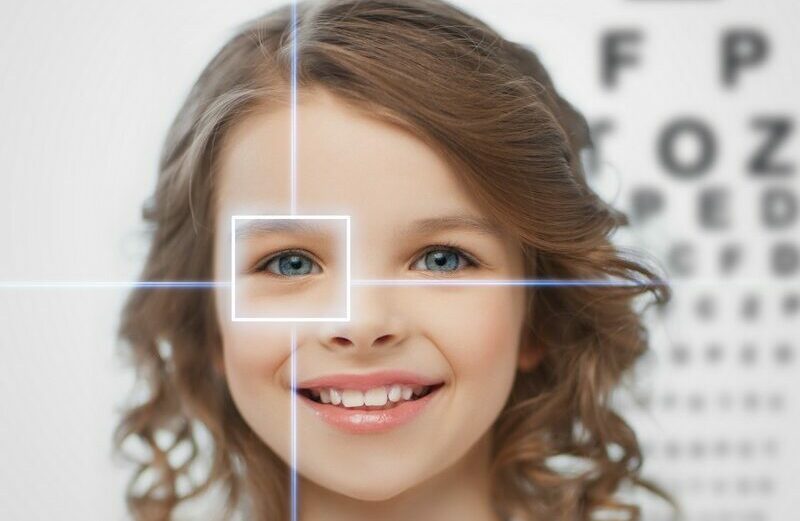
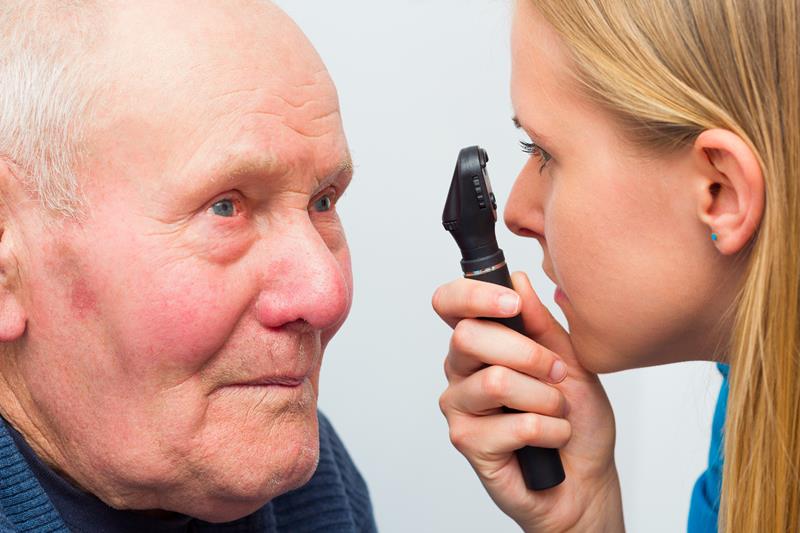
What to Expect During an Eye Exam
Knowing what to expect during an eye exam can help ease any anxiety and ensure you’re prepared. The exam usually starts with questions about your medical history, vision problems, and any symptoms you may be experiencing. This helps the eye doctor understand your overall health and any risk factors you might have.
Next, a visual acuity test measures how clearly you see at different distances. You’ll read letters on a chart to determine your level of vision. The refraction test follows, determining your exact prescription for glasses or contact lenses by having you look through a series of lenses to find the ones that give you the clearest vision.
The eye doctor will then check how well your eye muscles work together by having you follow a moving object with your eyes. A visual field test checks for gaps in your peripheral (side) vision, which can indicate eye diseases like glaucoma. Eye pressure is measured with a test known as tonometry, which is crucial for detecting glaucoma.
A slit-lamp examination uses a special microscope to examine the structures of your eye, including the cornea, iris, and lens, to check for any abnormalities or diseases. Finally, a retinal examination provides a better view of the back of your eye, including the retina and optic nerve. The eye doctor may dilate your pupils with special eye drops to help detect signs of conditions like diabetic retinopathy or macular degeneration.
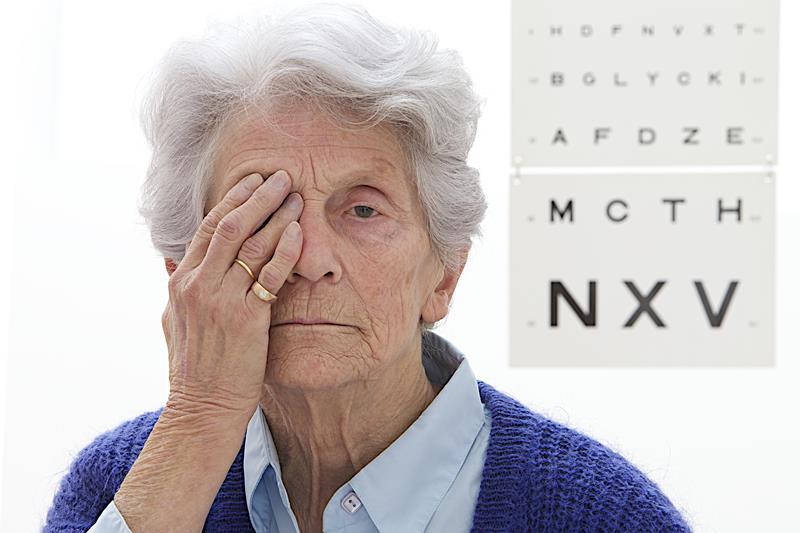
Regular eye exams are a cornerstone of maintaining good eye health and overall well-being. For adults, they offer a way to detect eye diseases early, monitor general health conditions, and ensure optimal vision. For children, they are essential for early detection of vision problems, supporting academic performance, and monitoring developmental changes. By scheduling routine eye exams, you take an important step in safeguarding your vision and health.
At Eye Care for You, we are committed to providing comprehensive eye exams tailored to your needs. Book your appointment today and ensure that your eyes receive the care they deserve.

